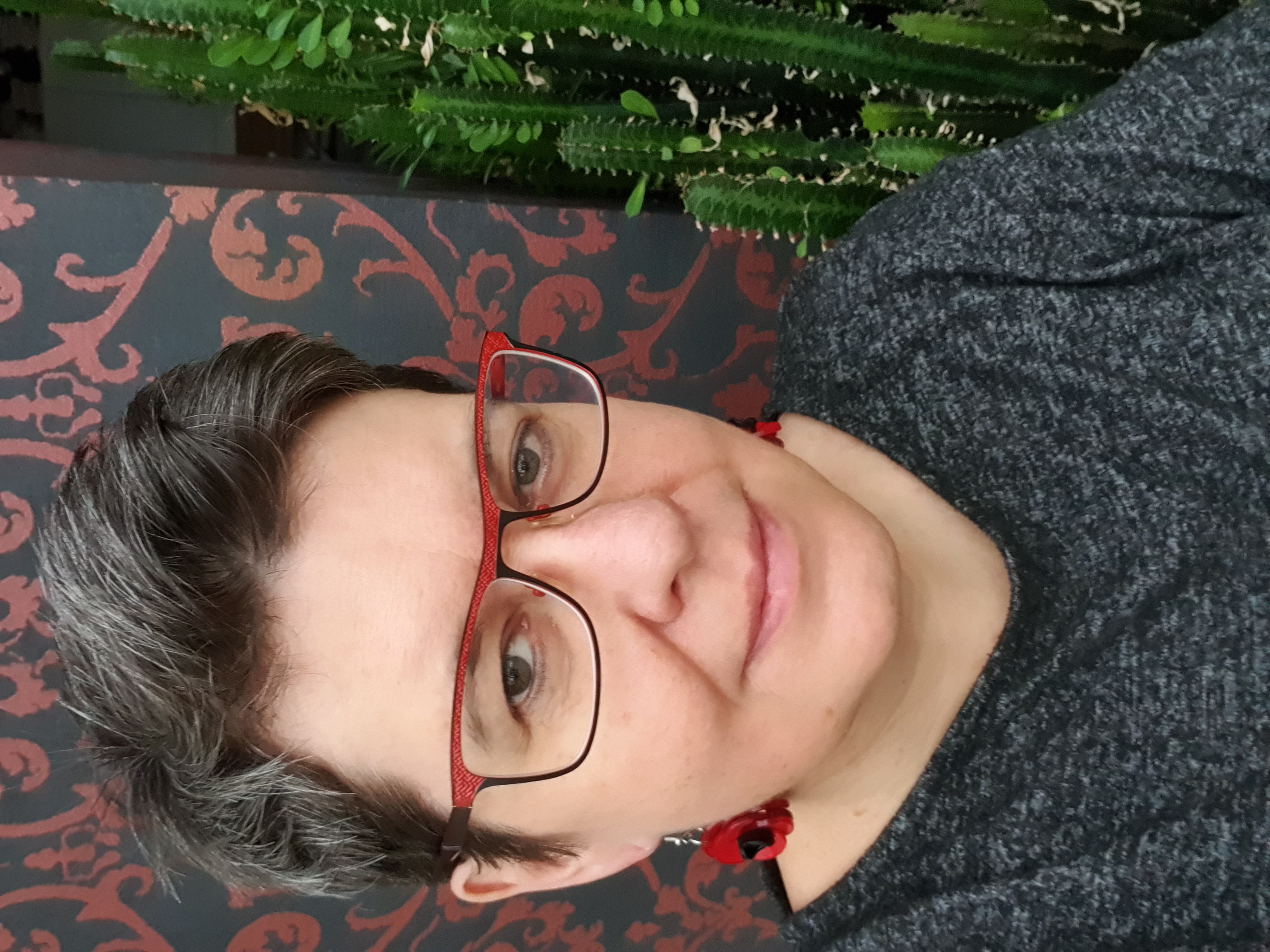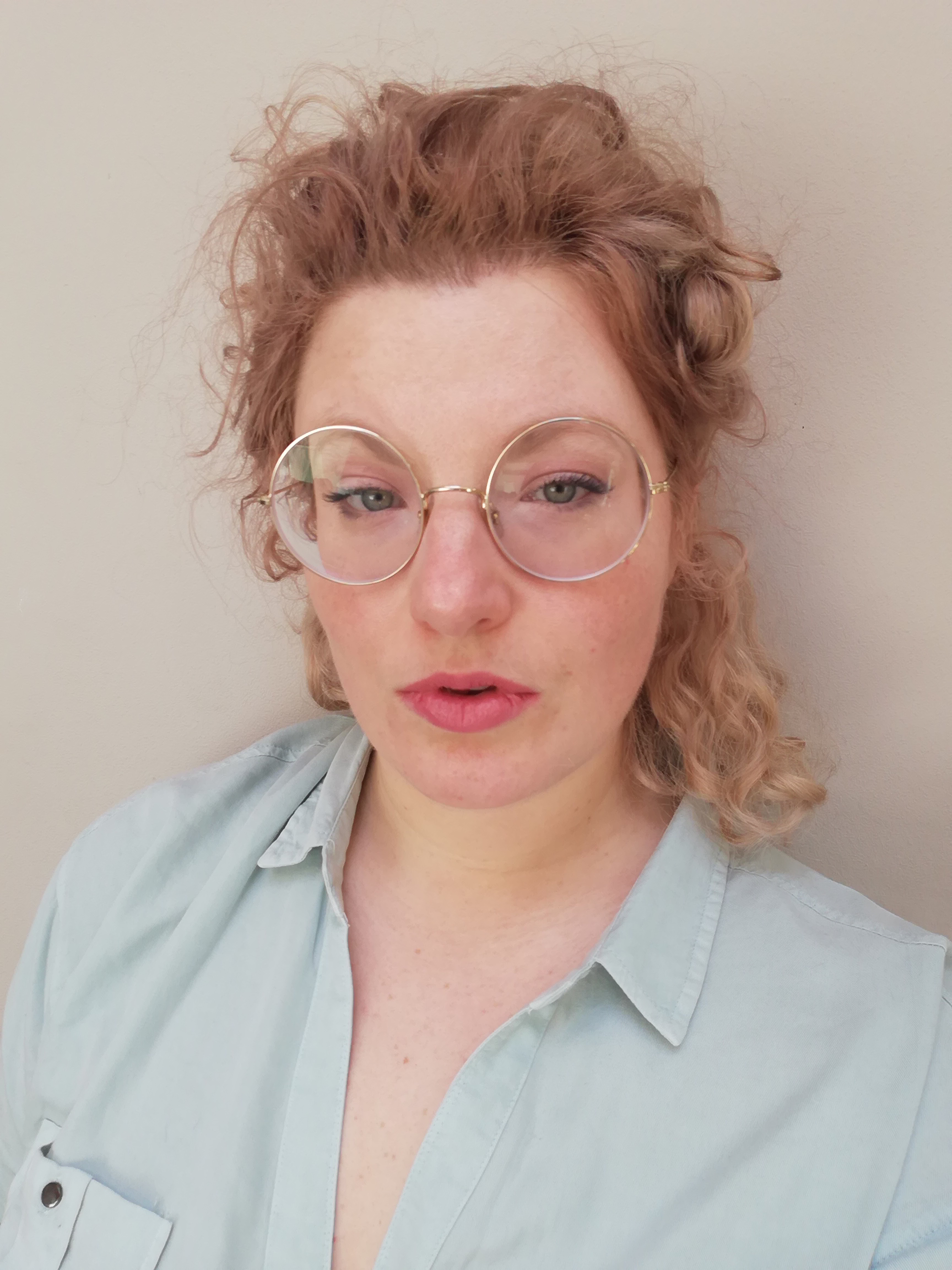Breadcrumb
© Geertrui Cazaux
(Dis)ability and animality. Cripping animal ethics/activism
How do speciesism and ableism intersect and operate in relation to other -isms in a system of oppression? If certain abilities are the prerequisite to include other animals into the circle of moral consideration, what ethical and practical implications does this hold for humans who don’t possess these abilities? Do animal ethics or veganism need to be ‘cripped’? And what implications does this have for animal rights activism?
Geertrui Cazaux will discuss how other animals than humans resist their oppression by escaping, retaliating and other acts of everyday resistance. Centering other animals and sharing their stories helps us move away from a human saviorist framing and is an expression of solidarity with them. They are not voiceless and we are not their saviors but their allies. In this presentation, Geertrui Cazaux will document some stories of animal resistance.
Agnes Trzak’s lecture will expose the dangers of using the concept of ability to justify moral consideration amongst humans and beyond constructed species barriers. We will explore the question of what happens if we use cognitive and bodily ability as a criterium to base our moral considerations on and we will uncover how the construct of ‘humanness’ in a Eurocentric capitalist context is linked to (neurotypical) ability. Agnes Trzak will share an intimate story of her relationship with her animal companions, to illustrate the danger in granting less ‘humanness,’ less personhood, less agency, less value, to those disabled by society, be they human or non-human.
PROGRAM
20:00: Welcome
20:05: Geertrui Cazaux: ‘Stories of animal resistance. About human saviorism and not so-voiceless animals’
20:30: Online lecture by Agnes Trzak: ‘The Moment We (don’t) Compare Disability and Animality’
21:00-21:30: Q&A between Agnes Trzak, Anaïs Van Ertvelde and Olave Nduwanje
A Series of More-Than-Human Encounters, a collaboration of Crosstalks and Kaaitheater, seeks to situate human to more-than-human relations, and conditions of liberation and co-existence in a world that has been modelled in a context of imperialism, patriarchy and capitalism.
WANT TO DELVE INTO THE THEME?
- Have a look at the lexicon for the series of More-Than-Human Encounters, a list of less evident terminology used in the lectures of the series.
- Watch the video based on the book by Sunaura Taylor, Beasts of Burden
Agnes Trzak lives with her dog and human companions in Berlin, Germany, where she works as an Inclusion Educator for children and their adults. Her practical work is always informed by the theory she explores in her writing about overlapping systems of oppression. She shows how dominant ways of constructing and representing thought, language and the physical environment affect different marginalized humans and non-humans. Her most prominent publications include the edited volume Teaching Liberation: Essays on Social Justice, Animals, Veganism, and Education as well as her Chapter ‘Disability and the Ahuman’ in Disability and Animality: Crip Perspectives in Critical Animal Studies (ed. Jenkins et al., 2020).
Geertrui Cazaux has been advocating for the rights of other animals since 25 years. After her doctoral research on anthropocentrism and speciesism in criminology, she worked in youth care and as a policy advisor. She is now retired because of chronic diseases and – together with her husband – takes care of adopted animals at home. She is the editor of Mensen en andere dieren (2001) and Een ander soort zuster (2020) and writes about veganism and animals rights on Graswortels, Brugesvegan and about the interconnections between ableism and speciesism on CripHumanimal.

Anaïs Van Ertvelde is a historian and a writer. At Leiden University she researches the political and artistic representation of people with disabilities. She writes essays and makes podcasts on the history of the body, gender and sexuality. Currently she is the visiting lecturer in semiotics at the Ghent School of Arts KASK while she's working on her second book for the Bezige Bij which will focus on crip identities.

Burundi-born Olave Nduwanje (she/her/hers) identifies as a non-binary trans femme. She is a published author, legal scholar, activist (anti-racism, LGBTQI+ rights, anti-capitalism, disability rights, anti-ecocide, etc.). Nduwanje has provided literary contributions to the following titles: Zwart-Afro-Europese literatuur uit de Lage Landen (2018), De Goede Immigrant (2020) and Being Imposed Upon (2020). You can find her on Instagram (@Nduwanje), Twitter (@OlaveTalks) and Youtube (@OlaveTalks). She has been based in Brussels since 2019.
Er zijn nog geen foto's toegevoegd voor dit event.
